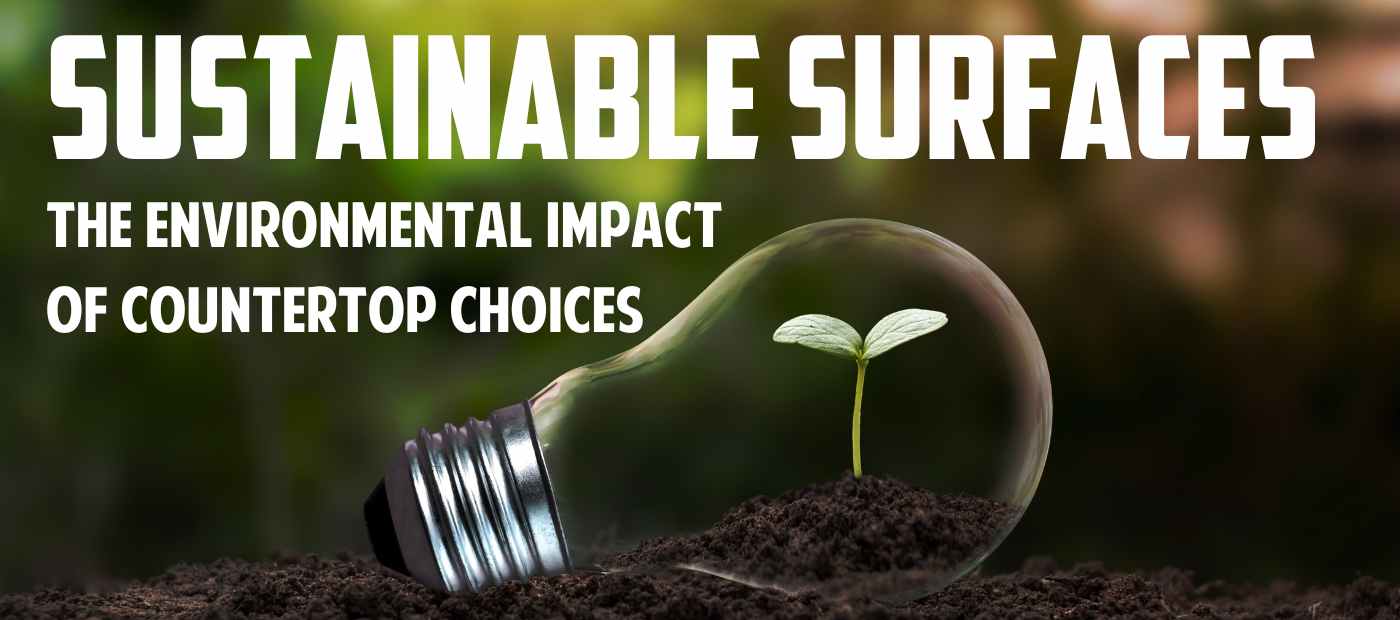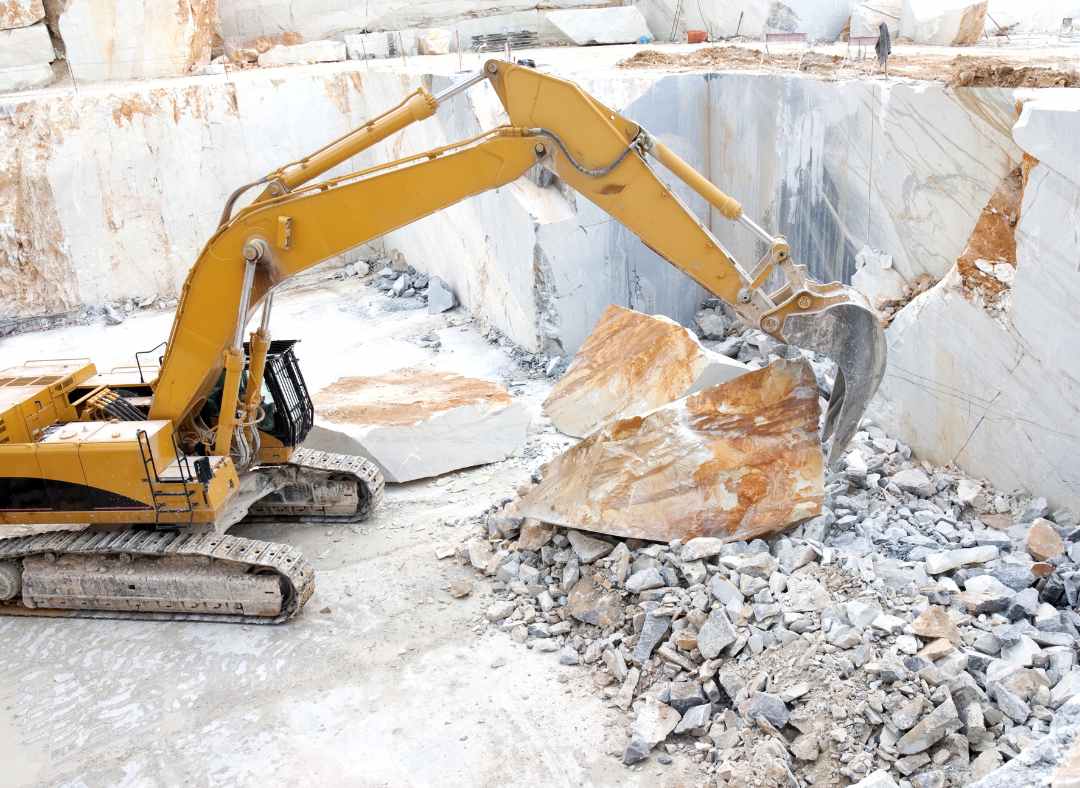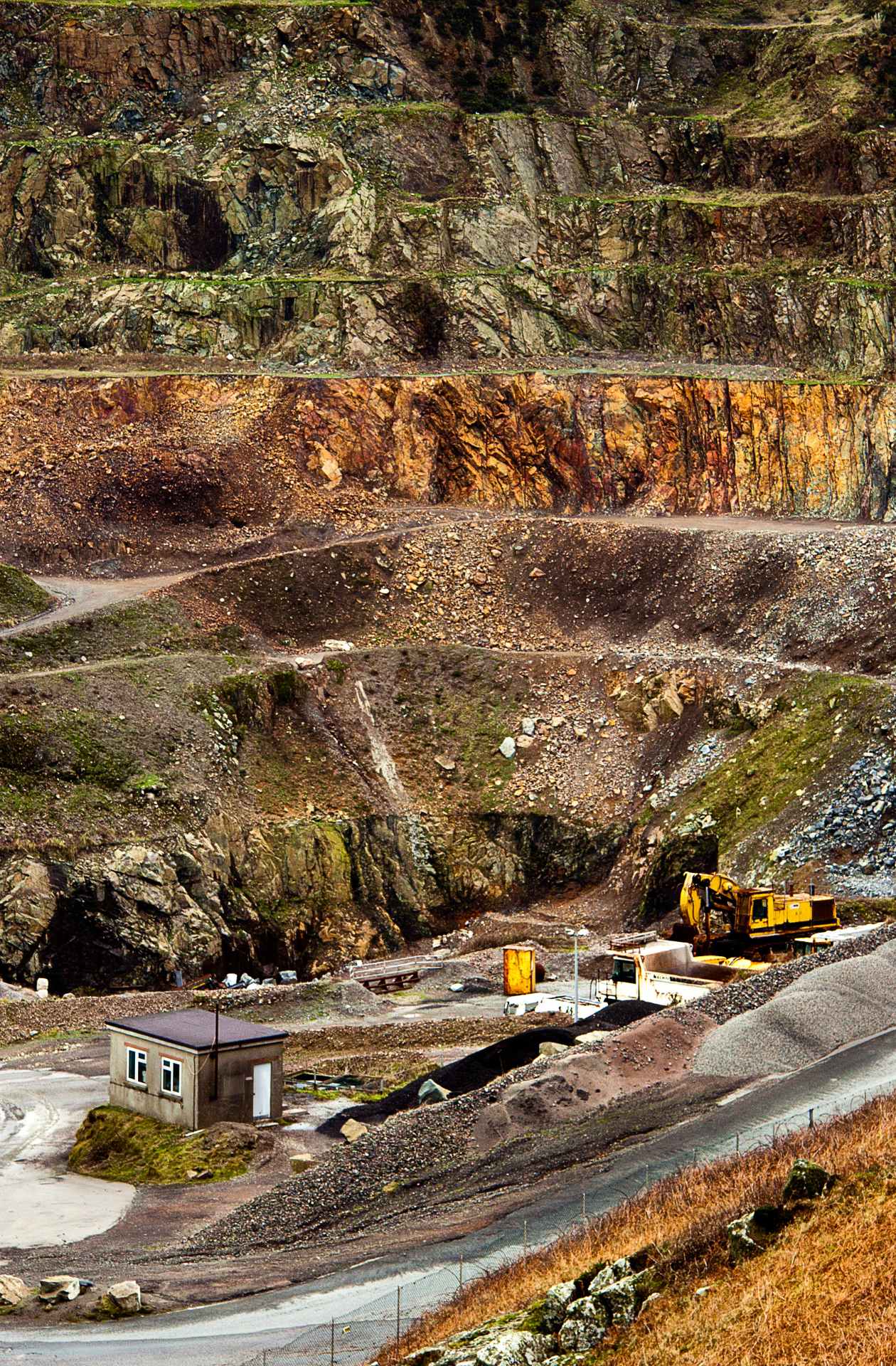
Unleashing the American Dream: Counter Intelligence and the All-American Spirit
December 21, 2023
The Durability of Epoxy Countertops: Why They Last Longer
September 16, 2025
Natural Marble, Quartz, and Granite Countertops:
Wood Countertops:
Epoxy Countertops:
The Results:
In general, natural stone, wooden, and epoxy countertops can have environmental impacts. The impact of natural stone depends on factors like the source, quarrying methods, and transportation. For instance, locally sourced and responsibly quarried stone can significantly reduce the carbon footprint associated with its extraction and delivery. While sustainable sourced and farmed wood is difficult to find, there is much that can be upcycled and re-used in modern day countertops. On the other hand, epoxy countertops are associated with the use of petrochemicals and energy consumption, as the production process involves mixing epoxy resins and hardeners. The choice between the two becomes a balancing act between factors such as sourcing practices, energy usage, and long-term sustainability, making it crucial to weigh the pros and cons of each option carefully.
To make a more environmentally friendly choice, you can:
Consider the source: Choose natural stone countertops from sources with responsible quarrying practices. Make sure that the wood countertops are not coming from illegal logging sources.
Look for certifications: Some wood and stone products may have certifications for environmentally friendly and sustainable practices.
Minimize waste: Opt for a countertop size that reduces waste during installation.
Recycle or repurpose: When replacing countertops, explore recycling or repurposing options for the old materials.











